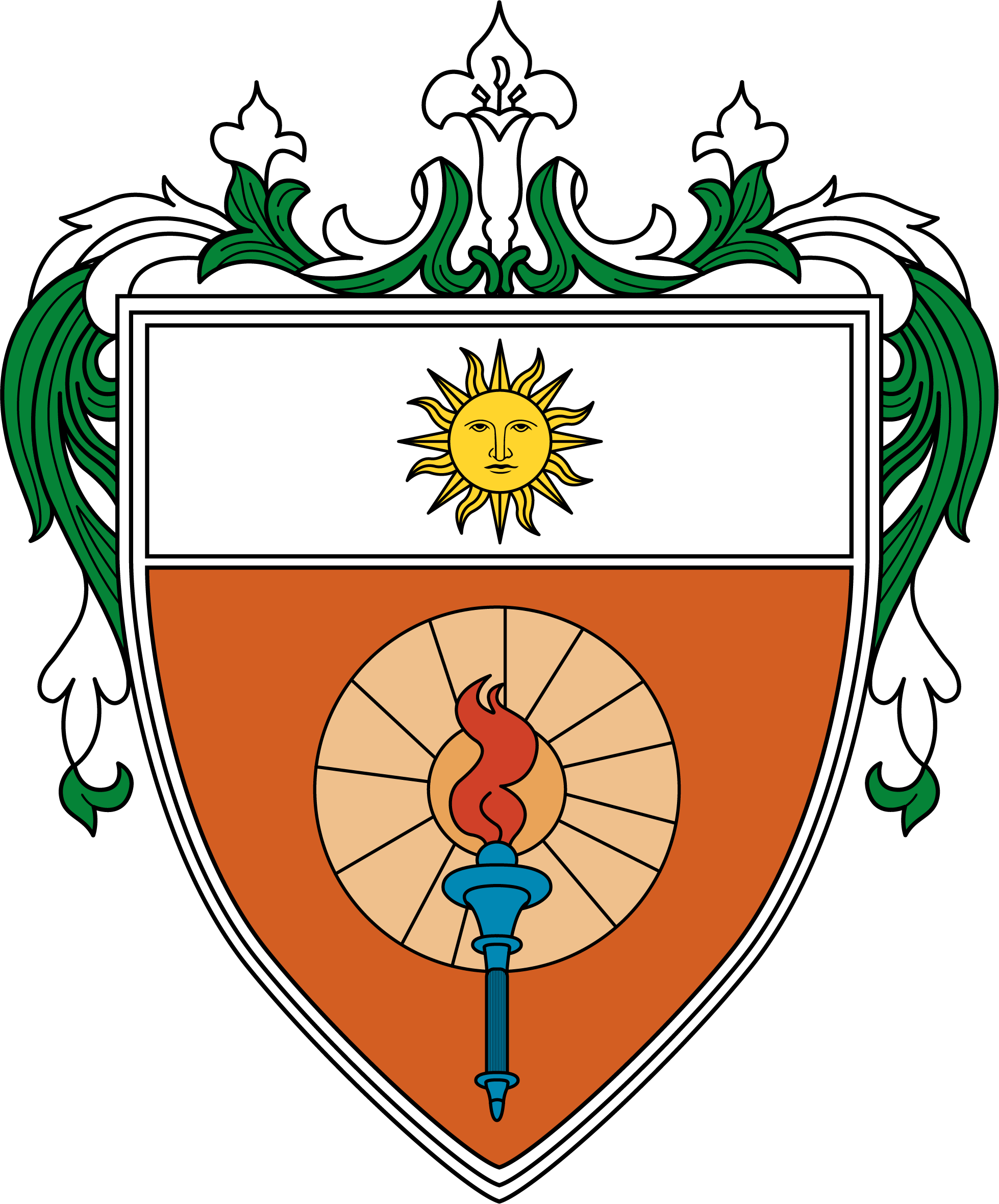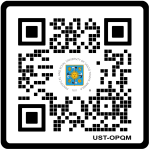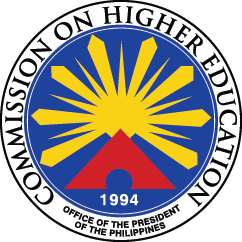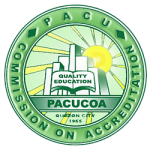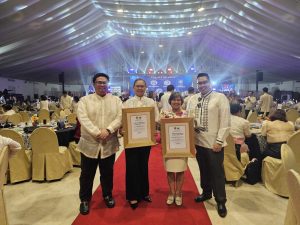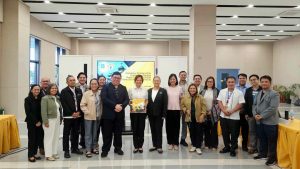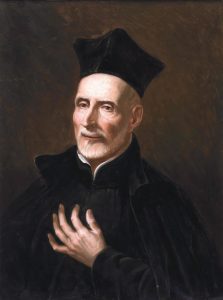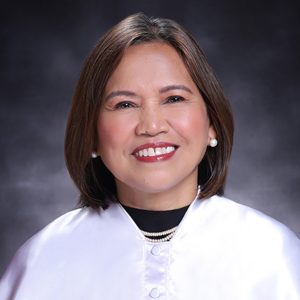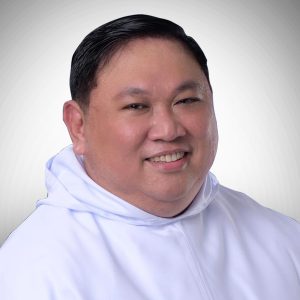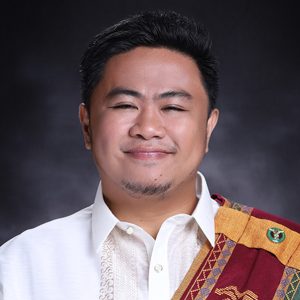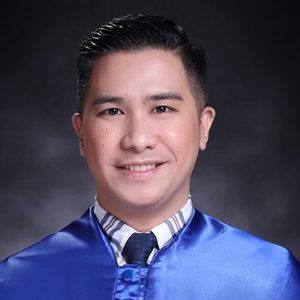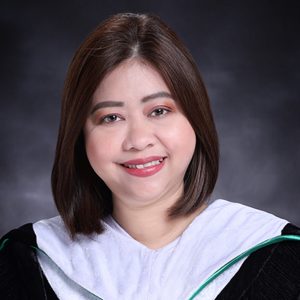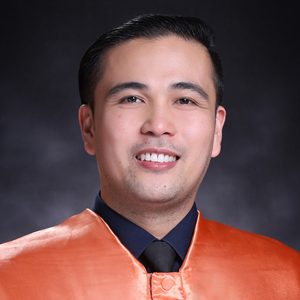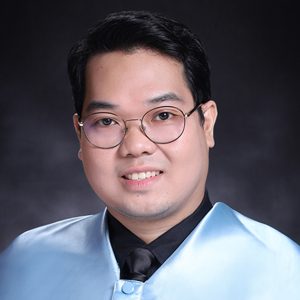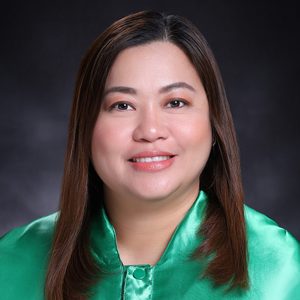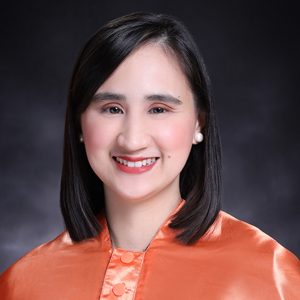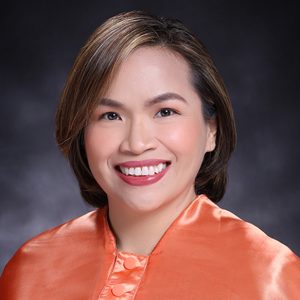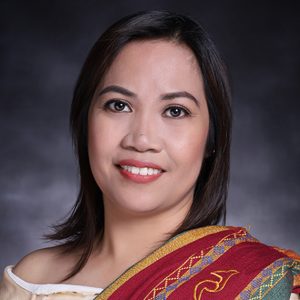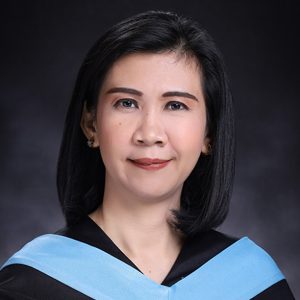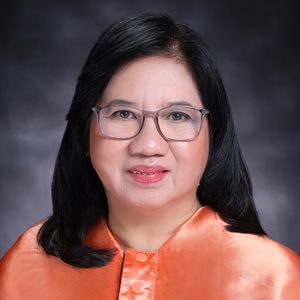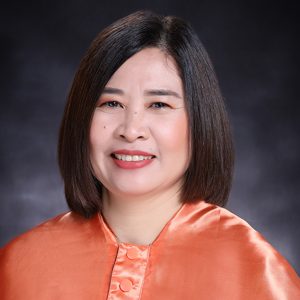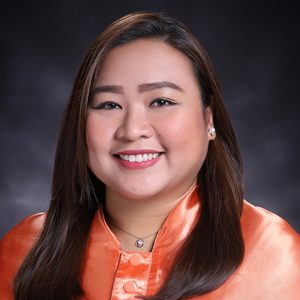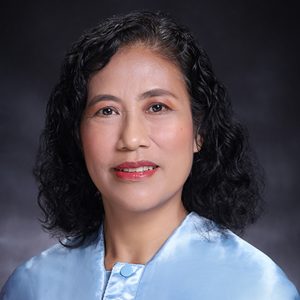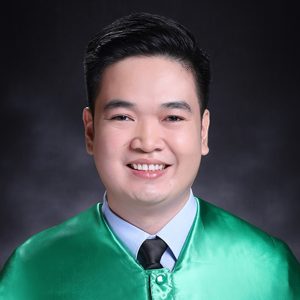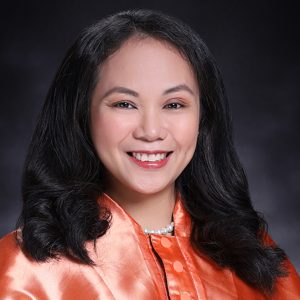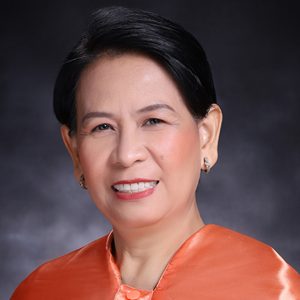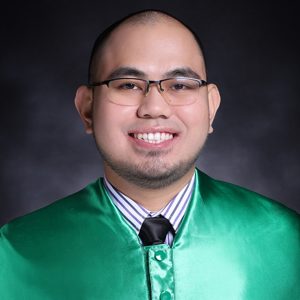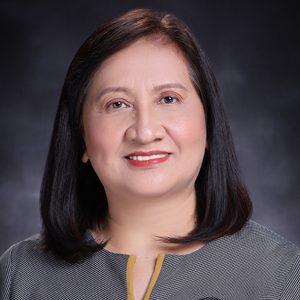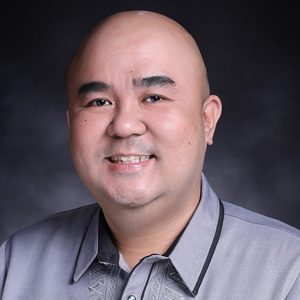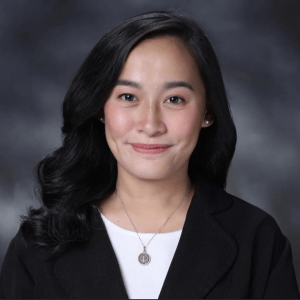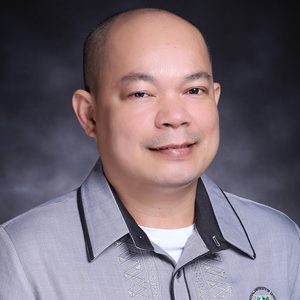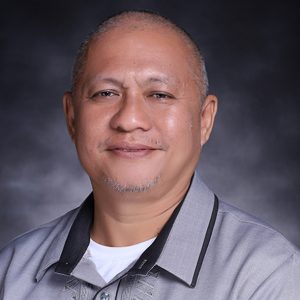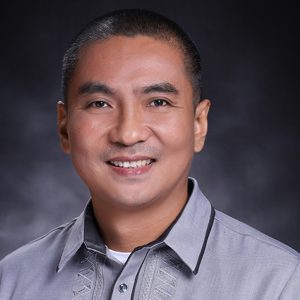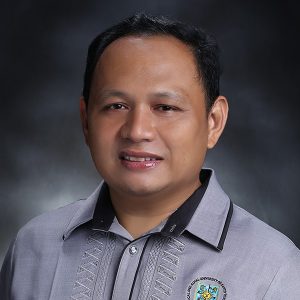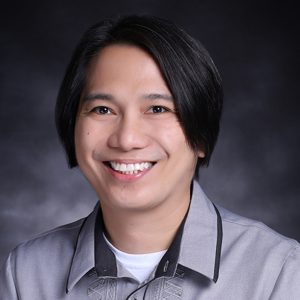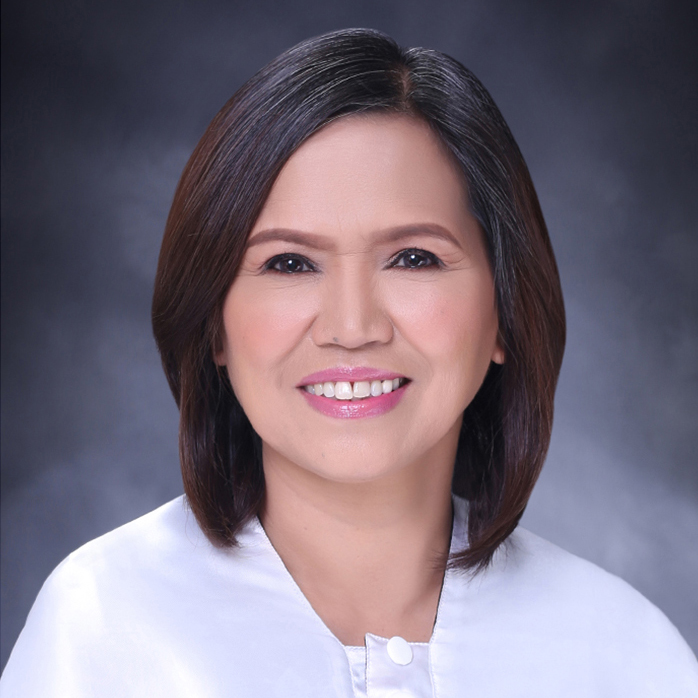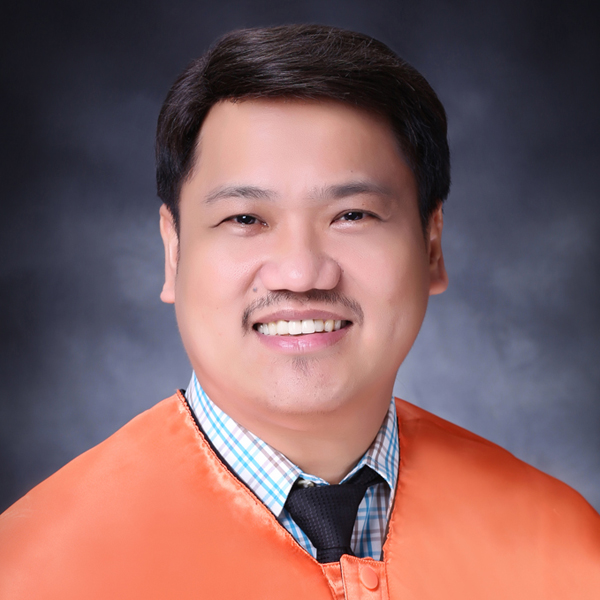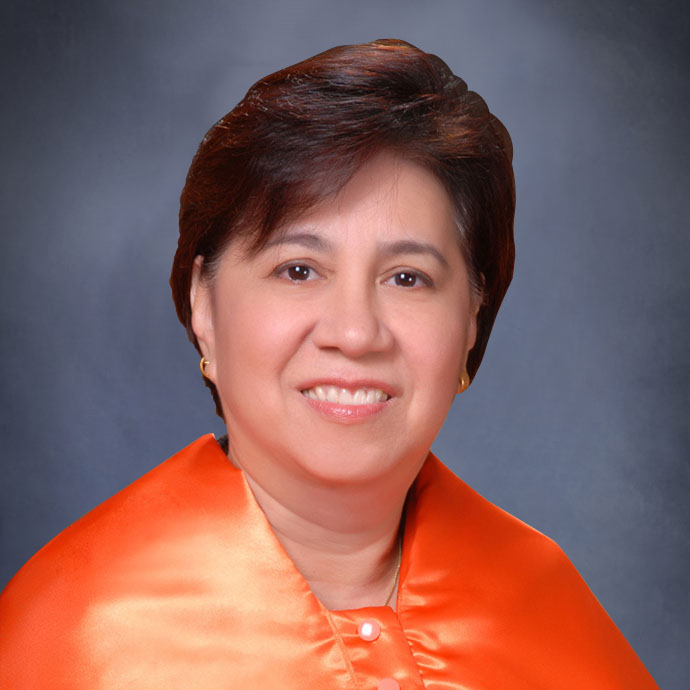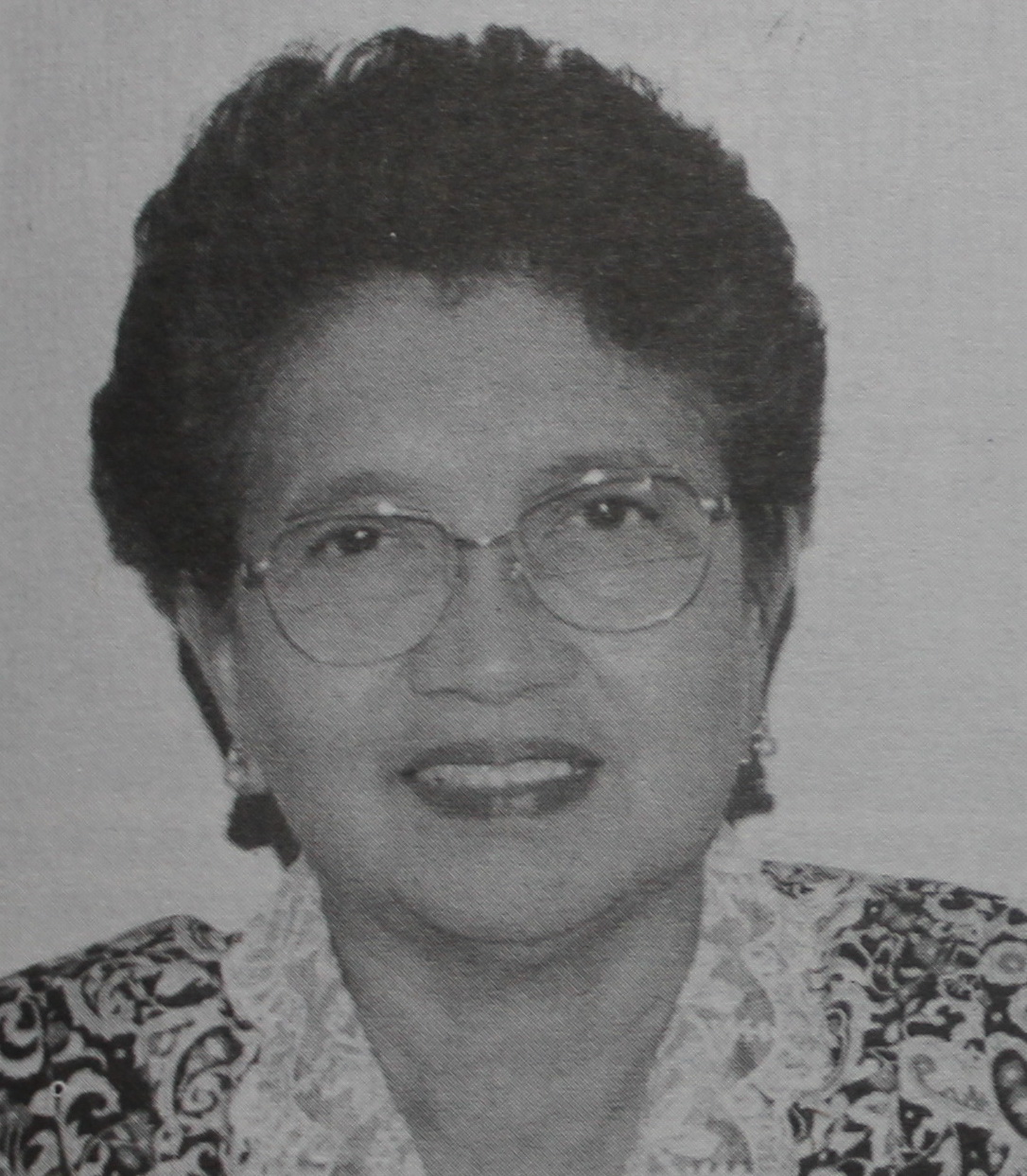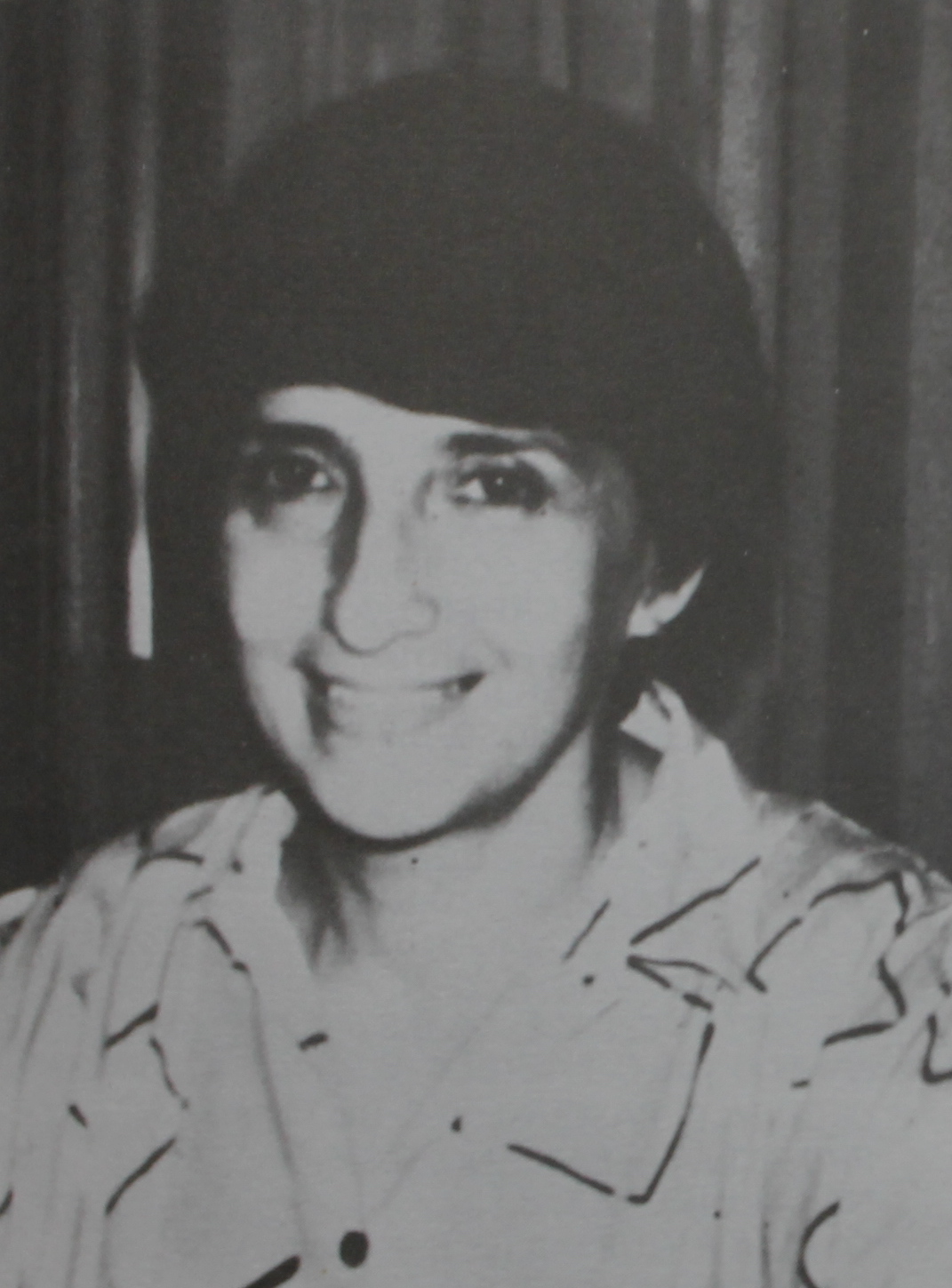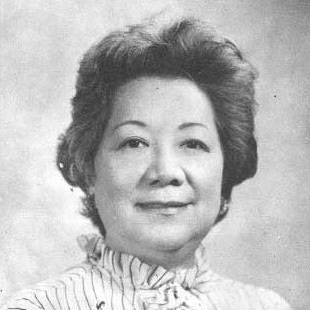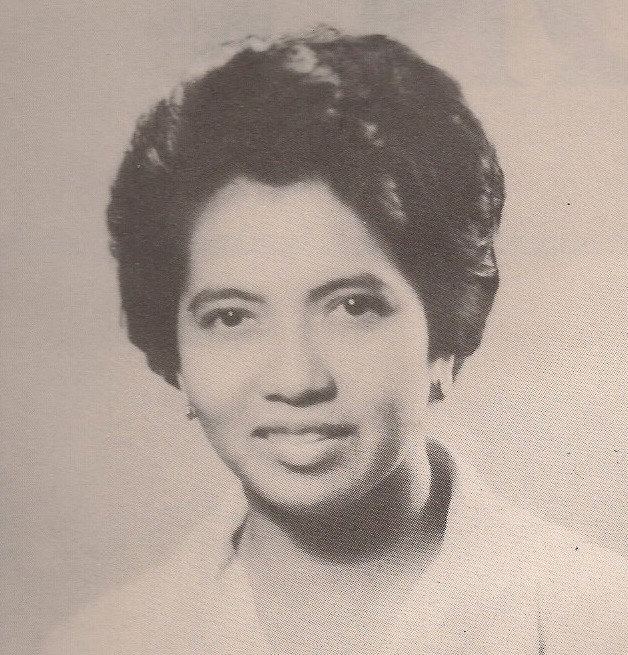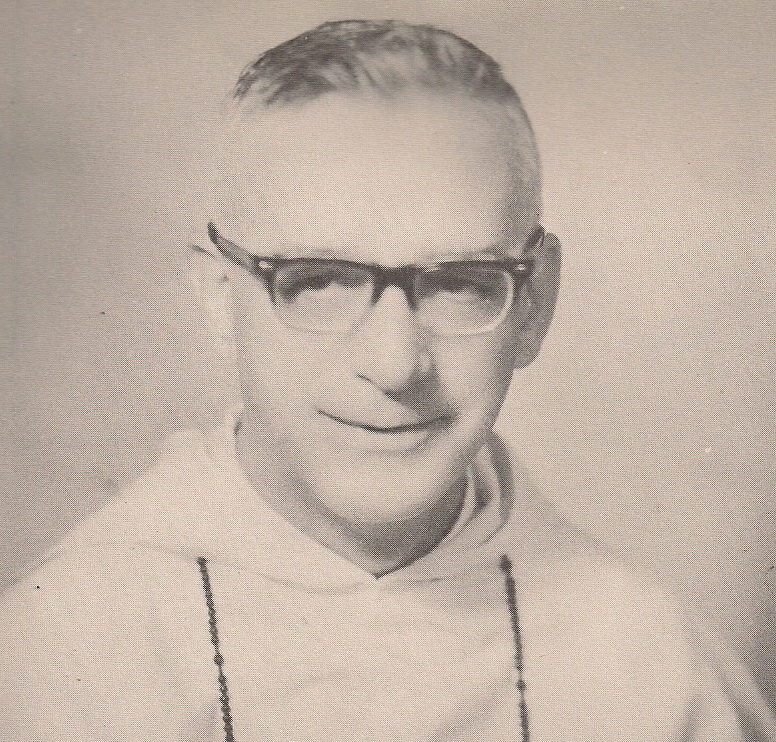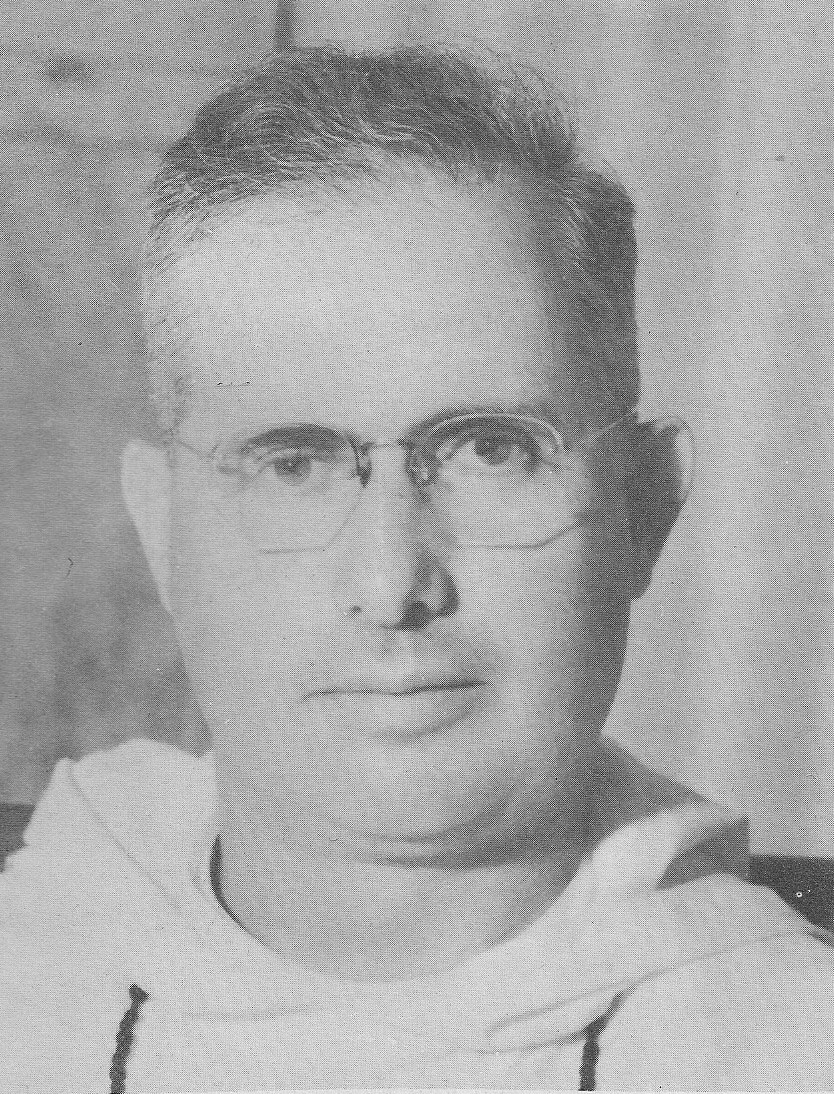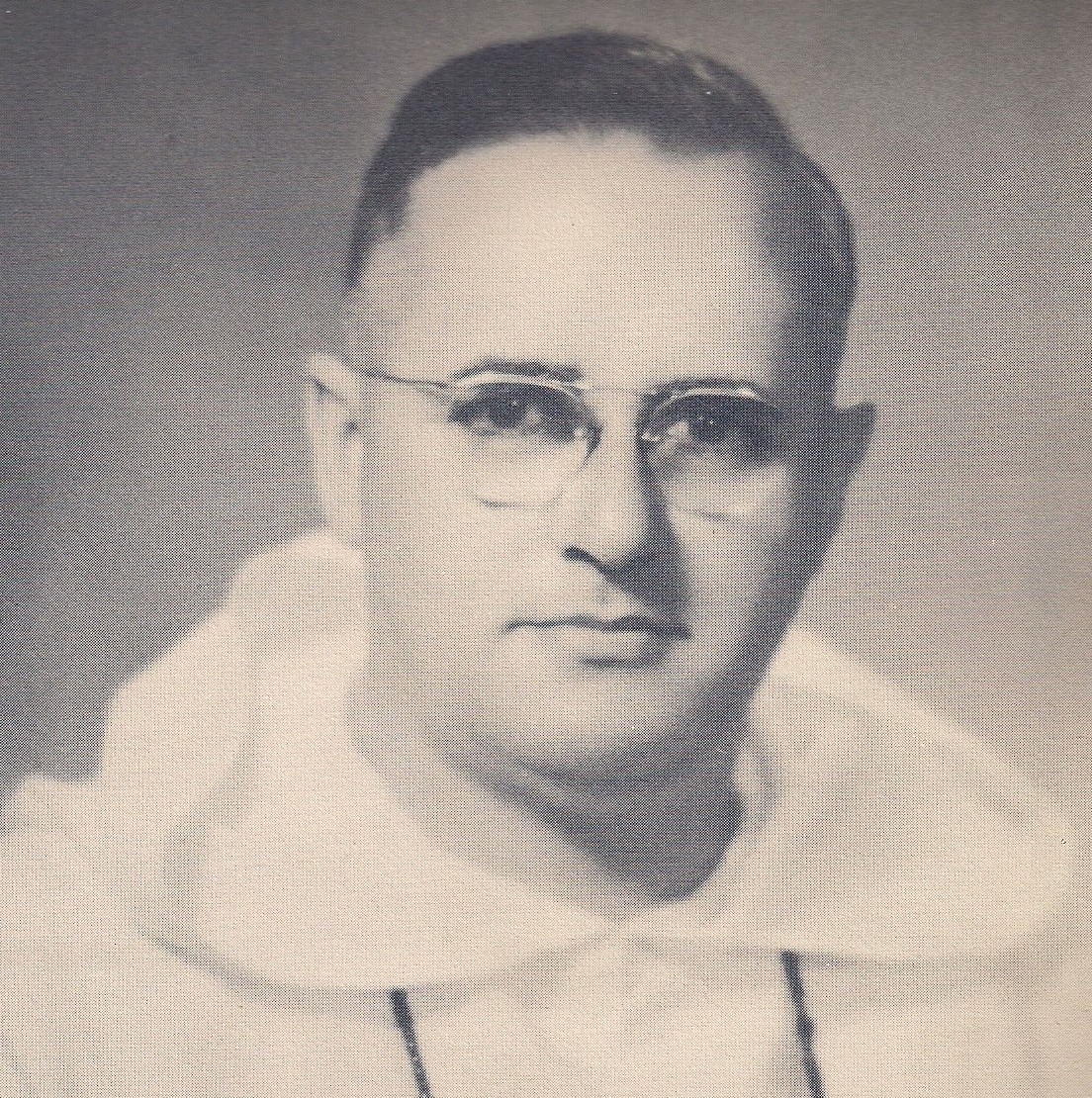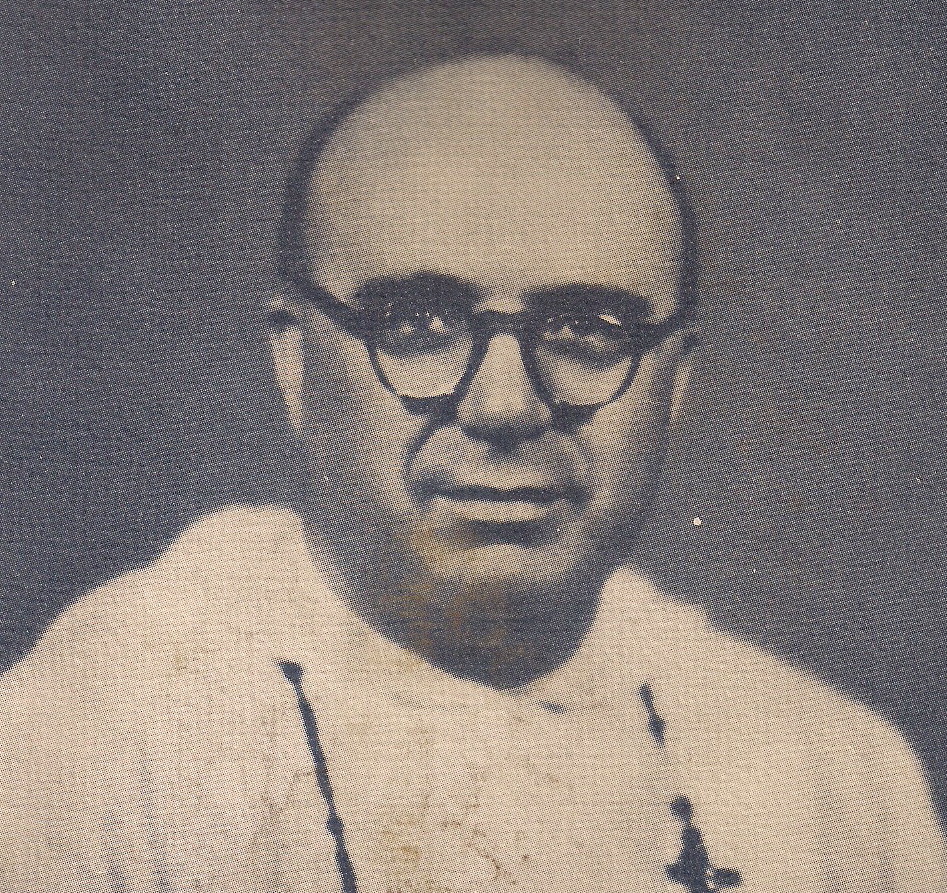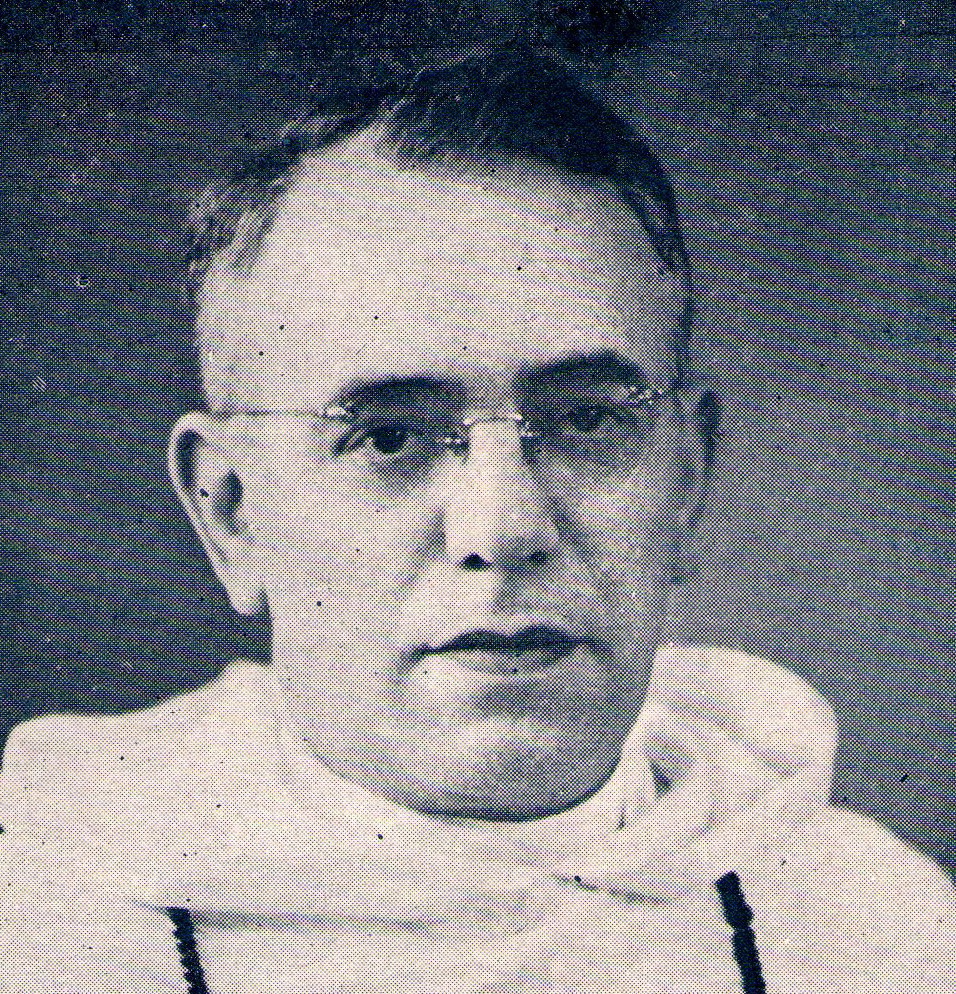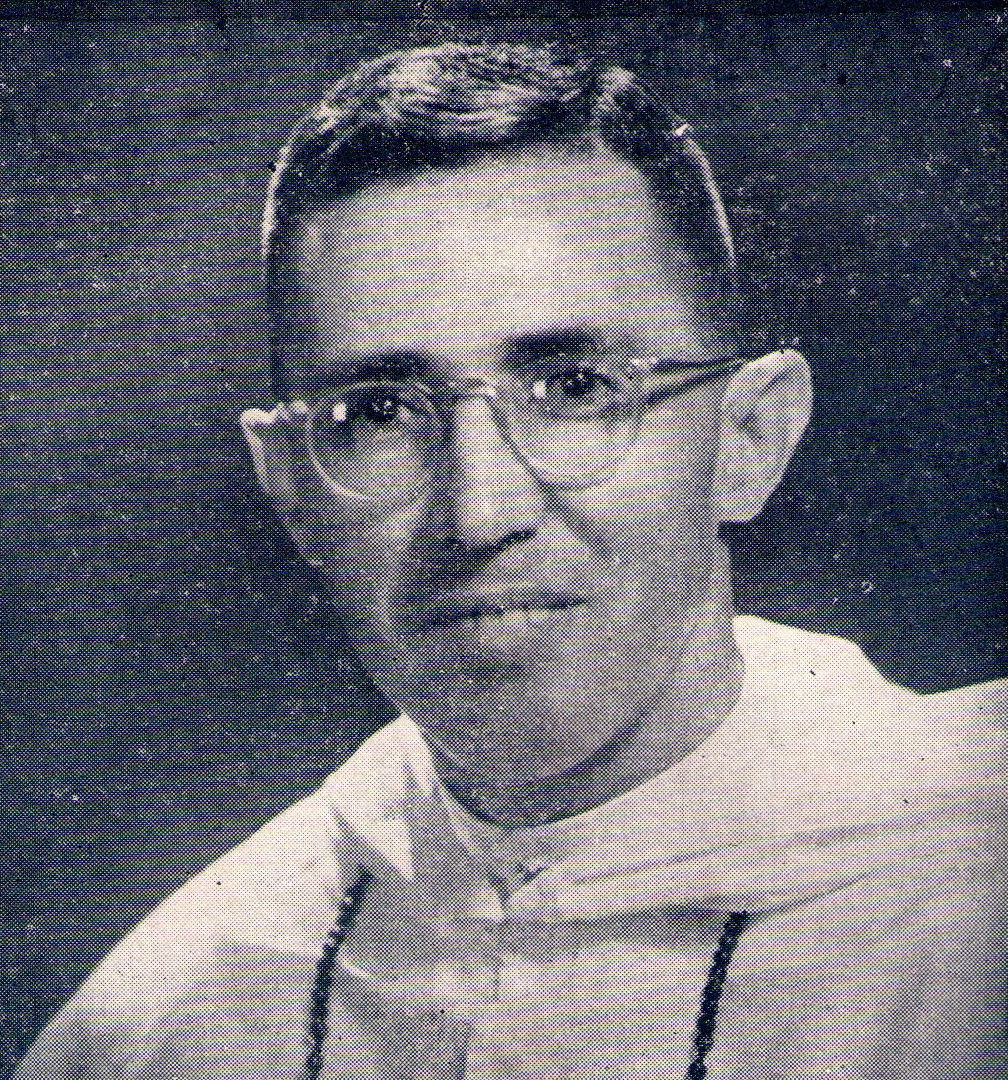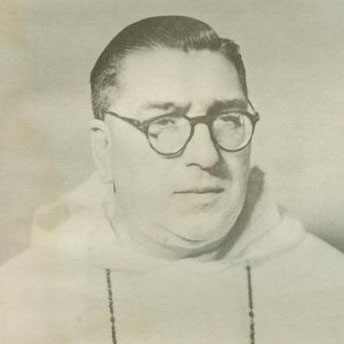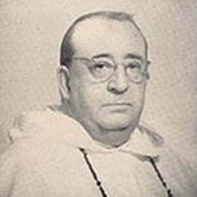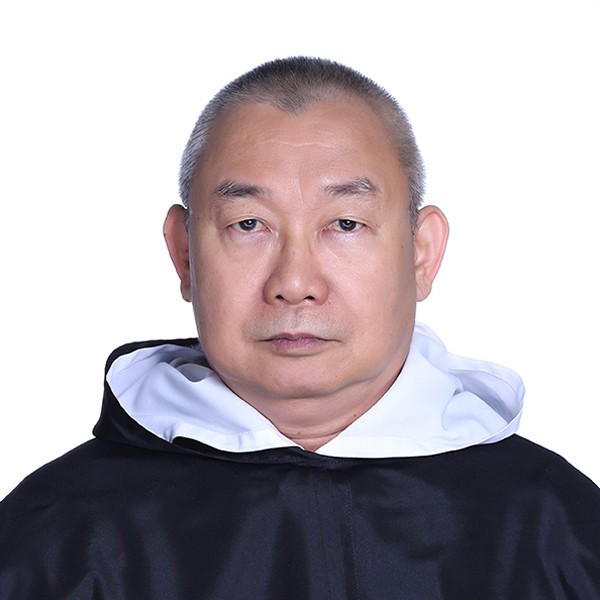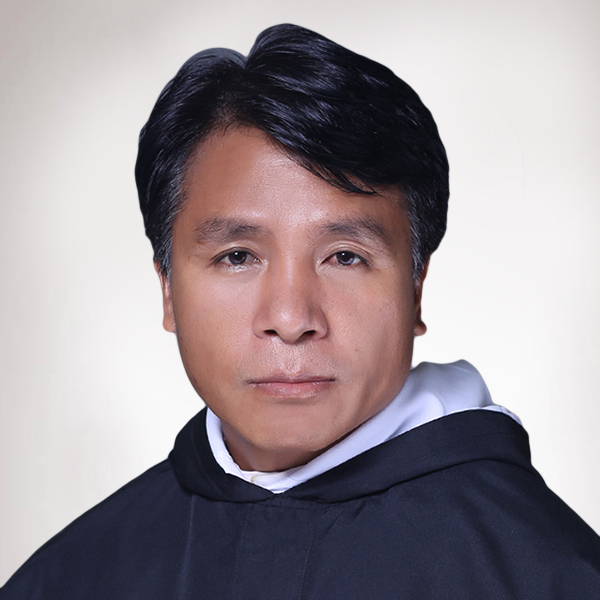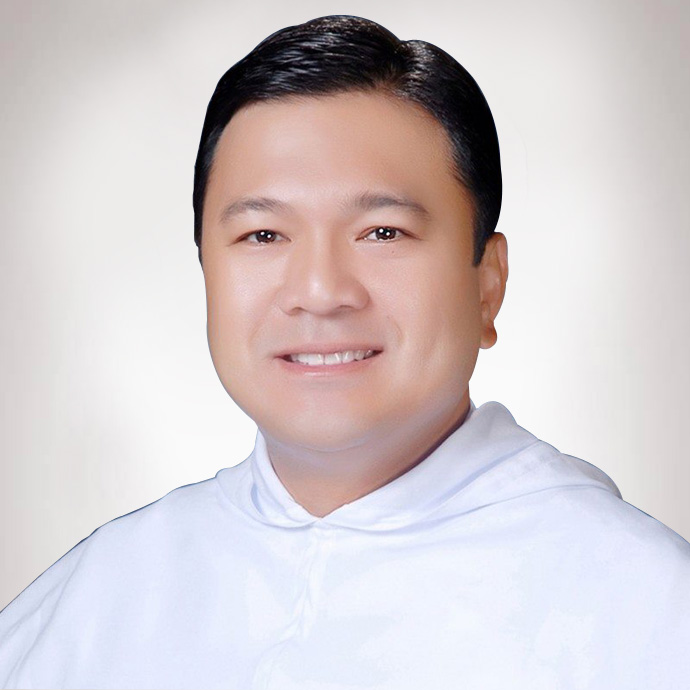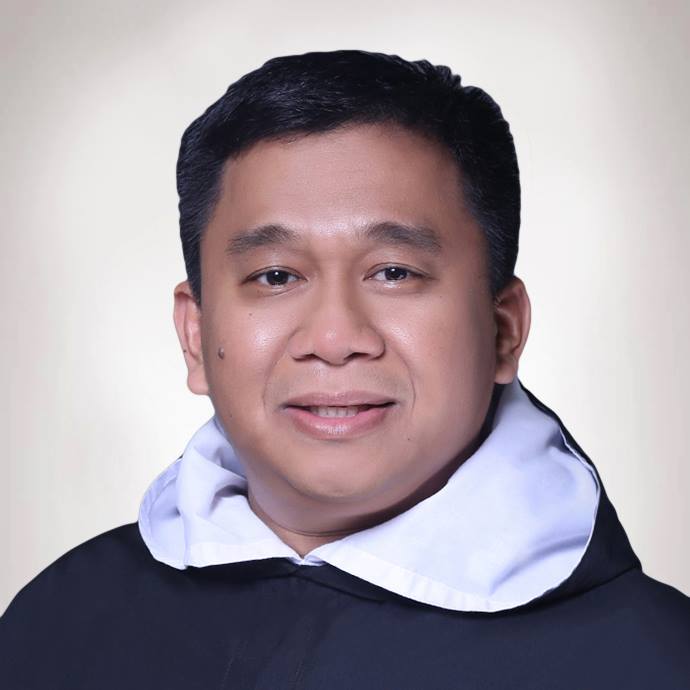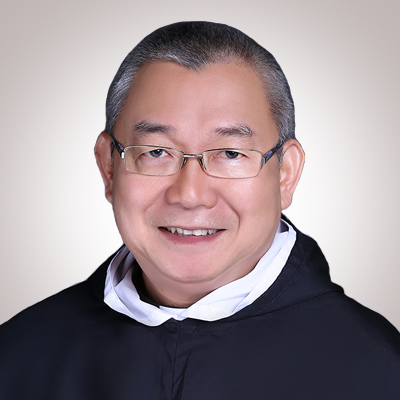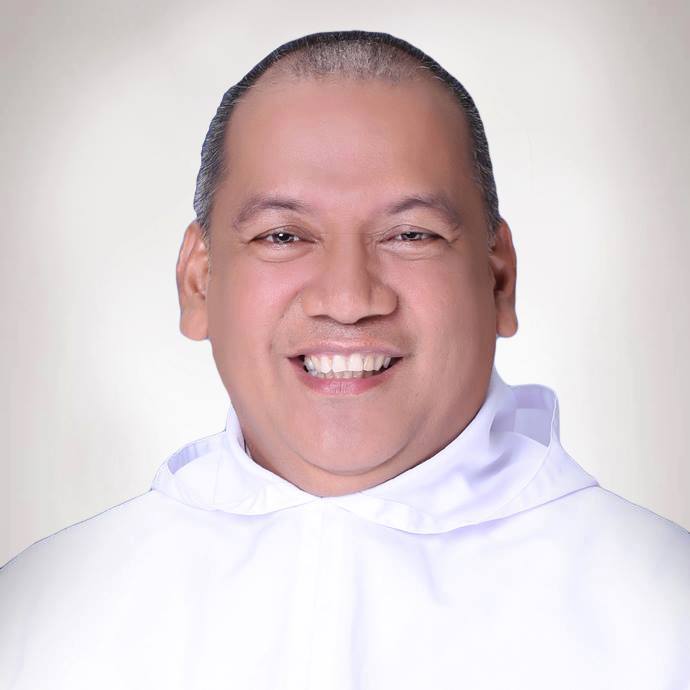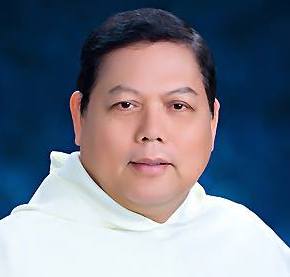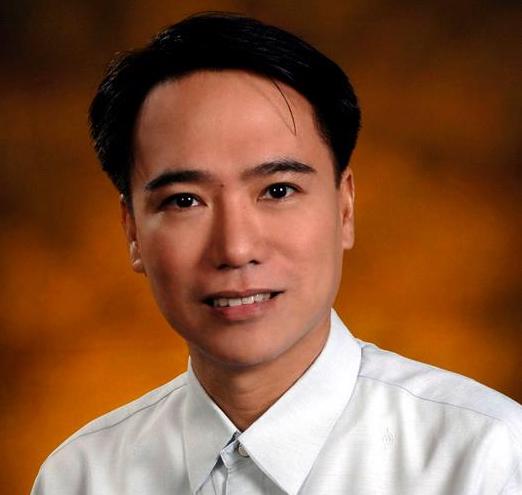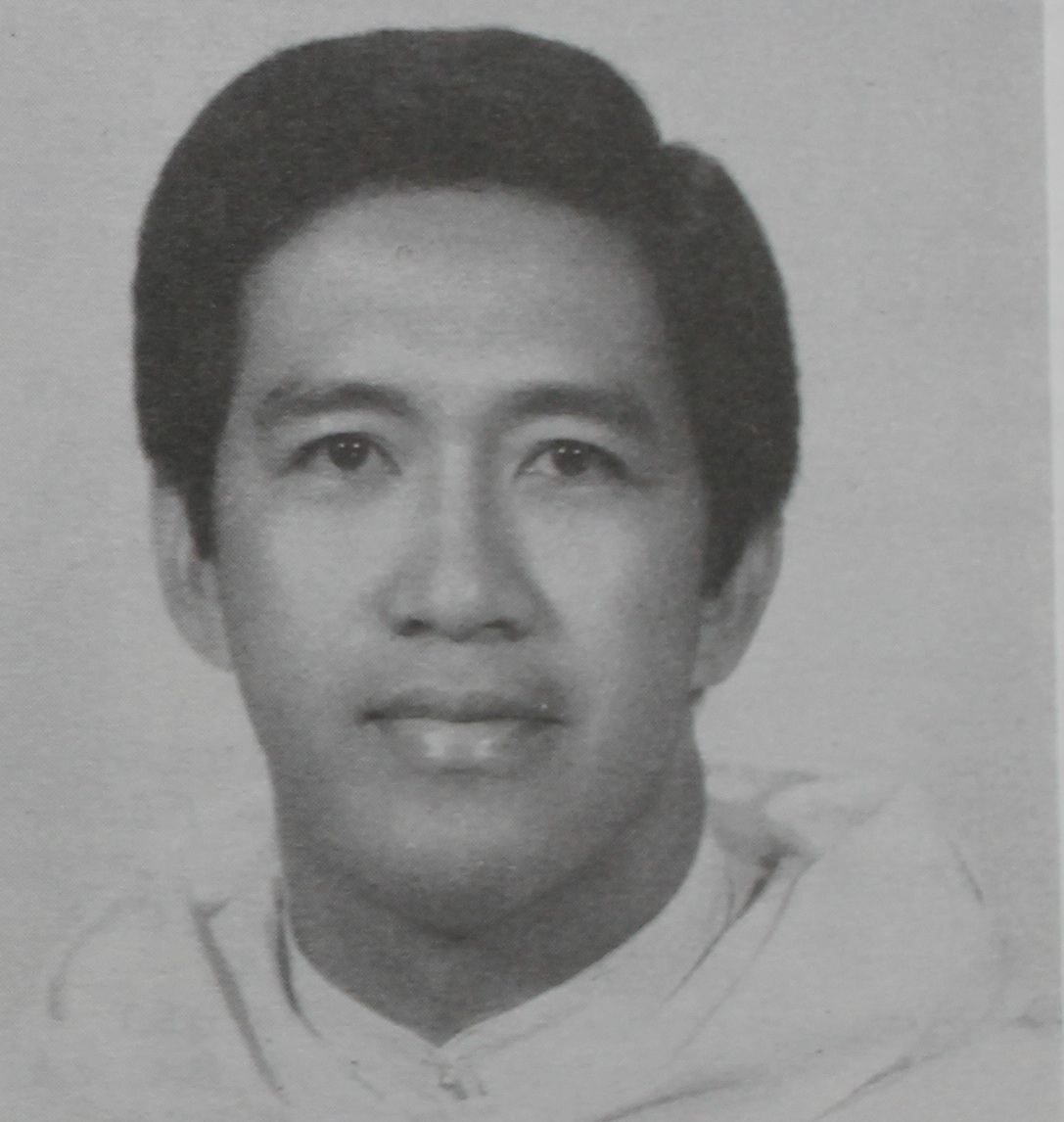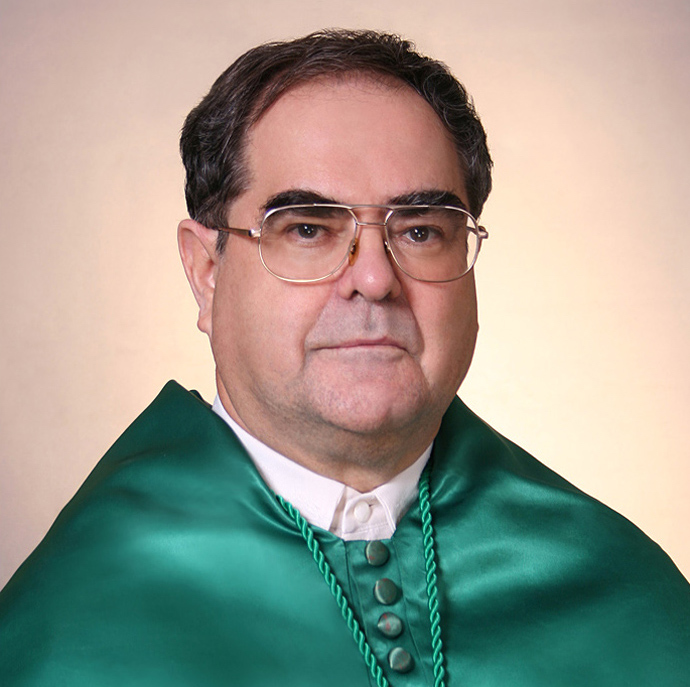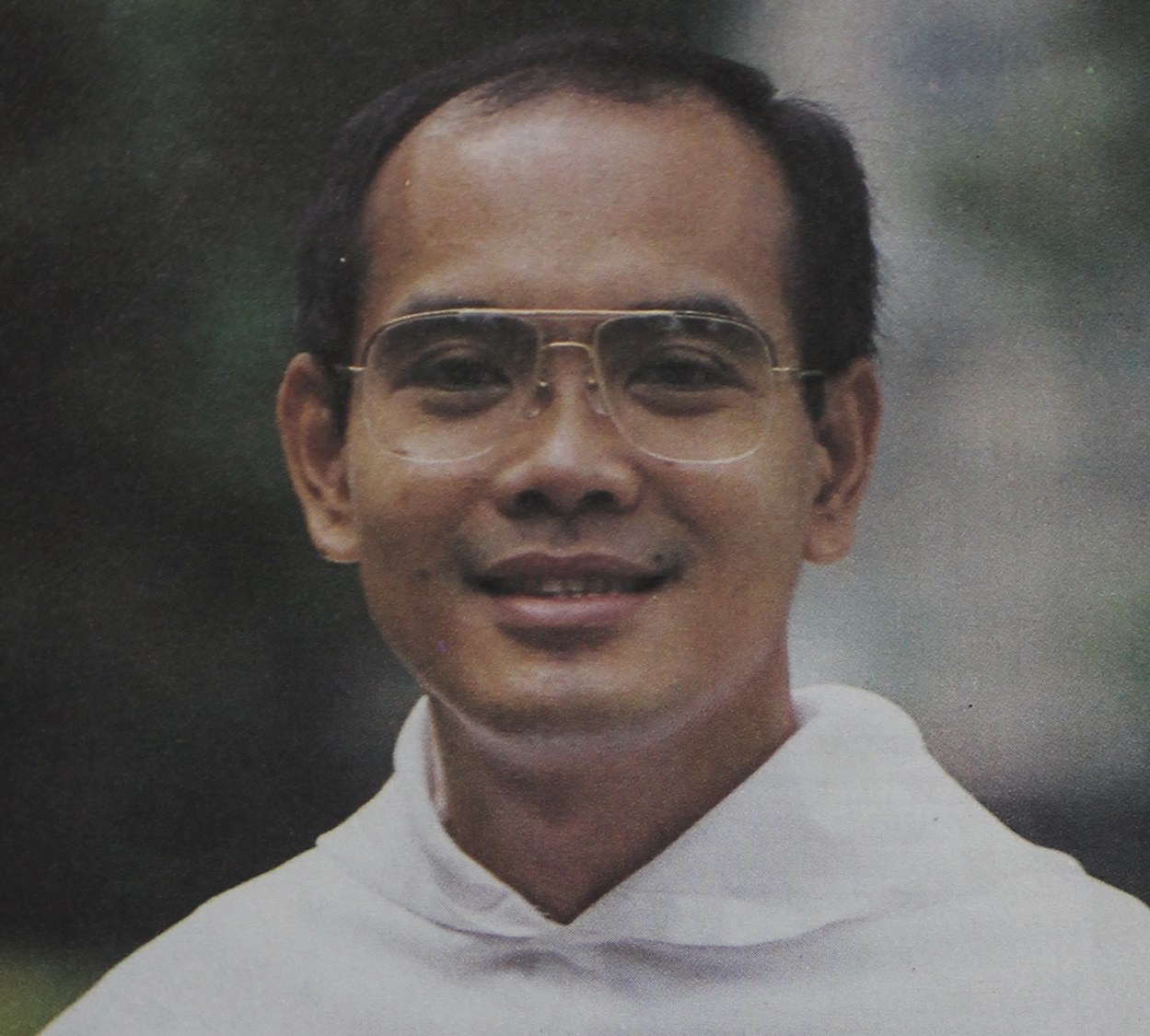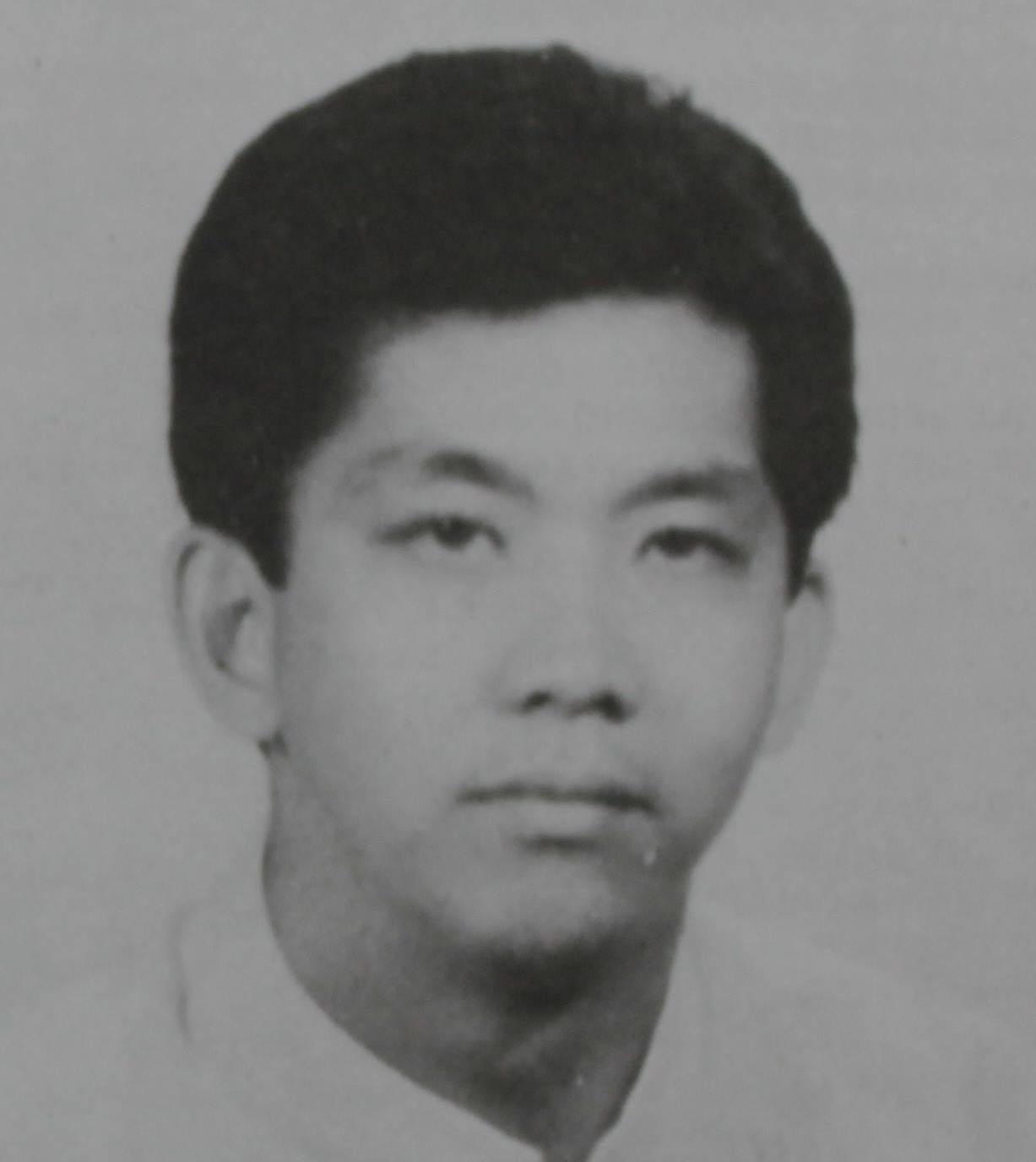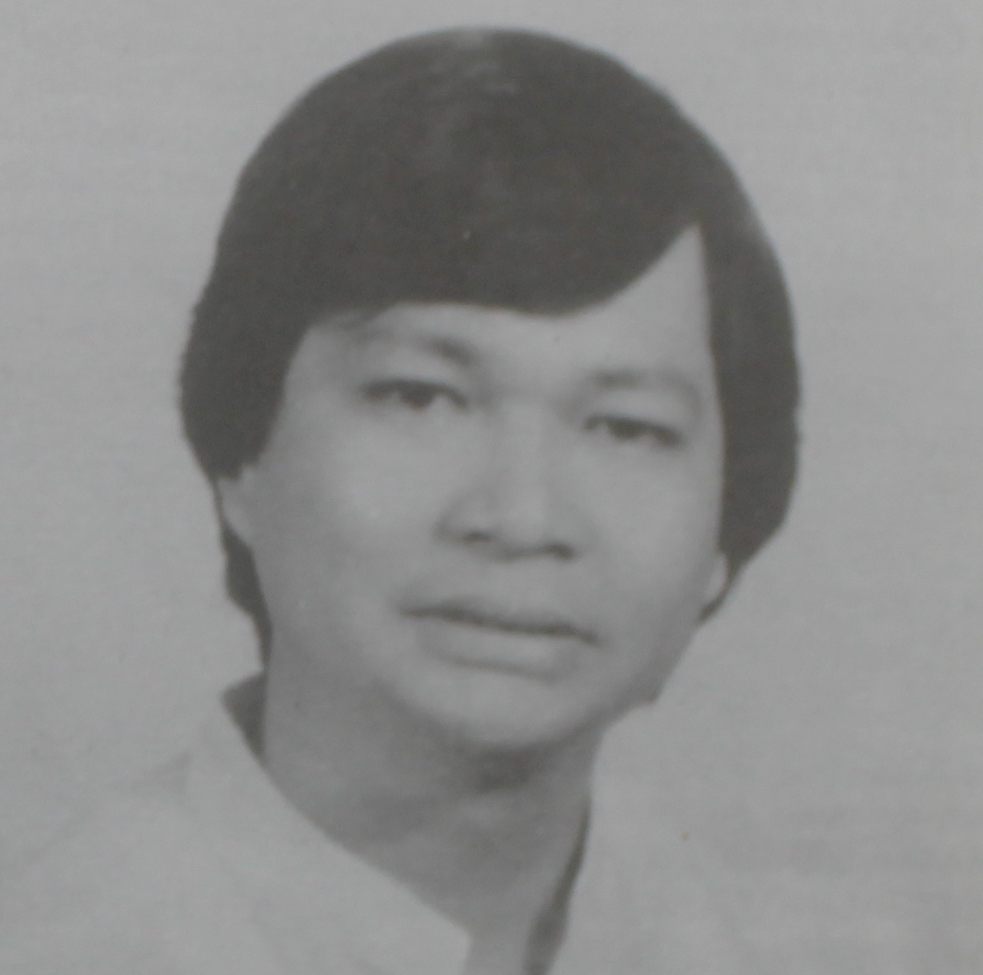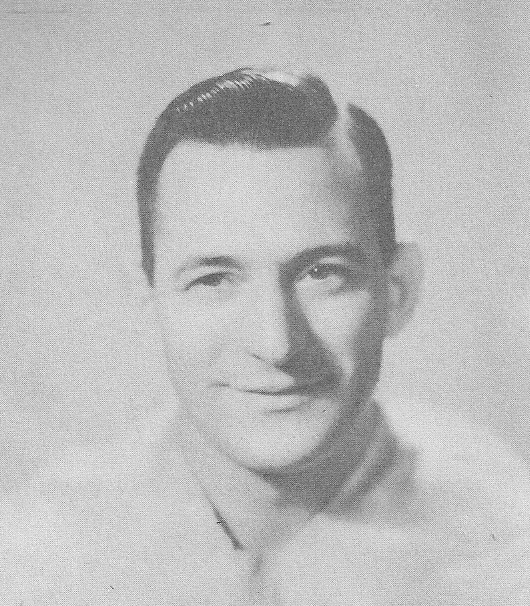2015 The Secondary Education, Elementary Education, Nutrition & Dietetics, and Food Technology programs receive Level IV accredited status for the period June 2015-June 2020 from the Philippine Association of Colleges and Universities Commission on Accreditation. The Food Technology program was the first to be granted such level in the National Capital Region and the Philippines.
The Library and Information Science program was declared as Center of Development by the Commission on Higher Education.
The College of Education established a strong partnership with the Metrobank Foundation – Network of Outstanding Teachers (NOTED).
Through a joint initiative, the College of Education, the UST Educational Technology Center and the United Nations Educational, Scientific and Cultural Organization (UNESCO) implemented the “Teacher Capacity Building Program on ICT Integration in the Classroom”. The UST Educational Technology Center served as a Resource Distribution Training Center of UNESCO-Bangkok.
UST garnered first place in the list of top performing schools in the Licensure Examination for Teachers (LET) in both elementary level and secondary levels; and second in the Nutrition and Dietetics Board.
2016 Through the College of Education, Memoranda of Understanding (MOU) were signed by the University of Santo Tomas and the Southeast Asian Ministers of Education Regional Center for Innovation Technology (SEAMEO-Innotecg) and the Universiti Sains Malaysia.
The Teacher Education program retained its Center of Excellence (COE) status for the period April 1, 2016-Dec 21, 2018 while the Library and Information Science program was declared as a Center of Development (COD) by the Commission on Higher Education (January 1, 2016 – December 21, 2018).
The Department of Nutrition and Dietetics dominated the 39th Food and Nutrition Reasearch Seminar Series Undergraduate Research Competition (2nd Place); the Pilippine Association of Nutrition (PAN) Digital Video Making Contest (1st Place) and the PAN-DELTA Chapter Inter-PAN quiz bee.
The excellent performance of the Department of Food Technology was highlighted by its consistent winning (3rd Place) in the Department of Science and Technology Food and Nutrition Research Seminar Series Undergraduate Research Competition; selection of its seven (7) students as scholars of the Department of Science and Technology Junior Level Science Scholarships; and inclusion of three FT students in the ASEAN Mobility for Students (AIMS) program for a one semester study at Mae Fah Luang University in Thailand.
The Certicate Program in Educational Technology (CPET) was piloted to a select group of sophomore students for a period of three (3) years.
Capitalizing on the recent finding of neuroscienece, the Education High School, the college’s laboratory school, shifted from the Understanding by Design (UbD) to Brain Based Learning (BBL) as its instructional design. This initiative was reinforced by a conference on Neuroscience in Education in partnership with Brainfit Studio in Singapore.
In celebration of the National Teachers’ Day Month and the World Teachers’ Day, the College of Education partnered with the Metrobank Foundation Inc. – Network of Outstanding Teachers and Educators (MBFI-NOTED) in an International Conference on Teacher Quality at the Heart of Education Reforms and Movements, with renowned speakers from London, Malaysia, the USA, Singapore, and Hong Kong.
The Library and Information Science marked its prominence by topping the Licensure Examinations for LIS (Top 1) and bagging the 2nd Top Performing Schooll winning the National LIS Wizard Contestl inviting Mr. John Hickok, a Fullbright Scholar from the California State University in Fullerton, USA who handled two courses in Library and Information Science (LIS) from October to December 2017.
In the September 2016 Licensure Examinations for Teachers (LET), the college’s Elementary Education prgram was declared as the 1st Top Performing School (97.79%) while the Secondary Education program ranked 4th in the Top Performing Schools. Three (3) Thomasians made it to the Top 10.
2017 In the March 2017 Nutrition and Dietetics Licensure Examinations, the Nutrition and Dietetics Department affirmed its supremacy by bagging the Top Performing School posting a 100% passing rate and garnering the following individual top places (Nos. 1, 2, 8 and 10). The Department partnered with the Council of Deans of Nutrition and Dietetics for a national workshop on the standards and practice in Nutrition Care Process with invited experts from Israel and the United States.
Prof. Allan B. de Guzman, the Dean of the College was appointed for a three-year period by His Excellency President Rodrigo Roa Duterte to the 7-member Teacher Education Council which is primarily responsible for the formulation of policies that shall improve the standards and system of teacher education, plus a periodic review of said programs.
In partnership with the Embassy of the United States of America, the College of Education brings together the alumni from across the globe of the International Writing Program of the Iowa State University and some National Artists for Literature in a 3-day international conference on Education, Literatures and Creative Writing.
In its efforts to align its thinking and practice with international standards, the Teacher Education Department underwent the ASEAN University Network Quality Assessment at Programme Level on June 26-28, 2017. Both programs were certified by the AUN for a period of five years.
2018 Assoc. Prof. Pilar I. Romero, PhD returned to the College of Education as its Dean, following a three-year stint as the inaugural Principal of the Senior High School.





